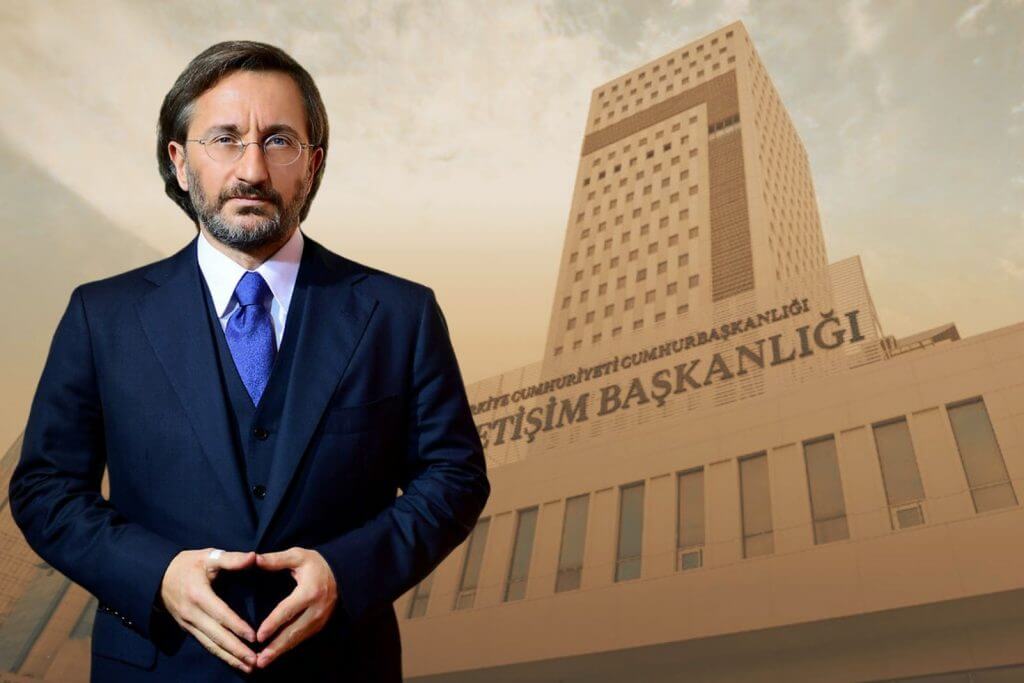As Turkey heads toward presidential and parliamentary elections, the presidential communications directorate has increased its promotion of the Justice and Development Party (AKP) government, with record spending in February, the Birgün daily reported.
Turkey will hold presidential and parliamentary elections on May 14. President Recep Tayyip Erdoğan, who was first elected to the top state post in 2014, is seeking re-election.
According to Birgün, while the presidential communications directorate spent TL 50.2 million ($2.6 million) in February in 2022, its spending increased to TL 188.8 million ($10 million) this February only three months before the elections.
The directorate was established under a presidential decree in July 2018, shortly after Erdoğan was elected president for the first time under a presidential system of governance. It has been drawing strong criticism since then for working to manipulate public perception in favor of Erdoğan and his government while spreading disinformation about Erdoğan’s opponents.
The directorate spent TL 44.3 million ($2.3 million) in January and has outspent 10 government agencies in the first two months of the year, according to Birgün.
The directorate also came under public scrutiny when it was allocated a budget of TL 1.6 billion ($84.1 million) for 2023 compared to TL 344.5 million ($1.8 million) in 2018, also an election year.
Main opposition Republican People’s Party (CHP) deputy group chairman Özgür Özel told Birgün that the communications directorate, which he described as Erdoğan’s “propaganda ministry,” has turned into a media empire that manages dozens of TV stations and newspapers.
He said those media outlets controlled by the directorate are spreading disinformation and defaming opposition politicians more aggressively with the use of public resources ahead of the elections.
Erdoğan’s main rival in the presidential election is CHP leader Kemal Kılıçdaroğlu, who was nominated by a bloc of six opposition parties.
The head of the communications directorate, Fahrettin Altun, attracted harsh criticism when he introduced a smartphone app allowing users to report people who are believed to have produced or disseminated fake news or disinformation online as the country was grappling with the repercussions of two powerful earthquakes last month, which killed some 50,000 people in southern Turkey.
The app came after opposition politicians, journalists and human rights activists, who have been reporting on the latest situation, mostly from regions affected by the earthquake, accused the AKP of poor performance in coordinating search and rescue efforts after the massive quakes.
